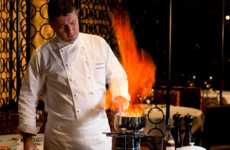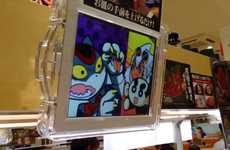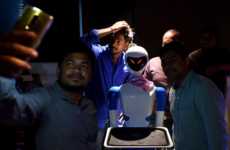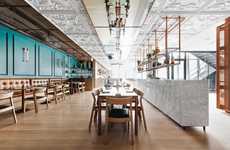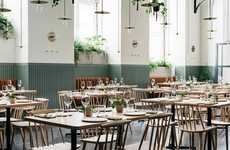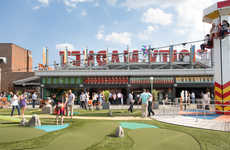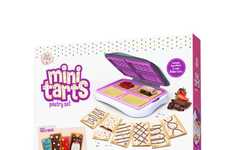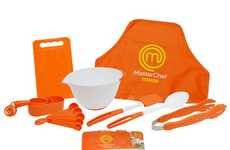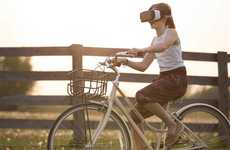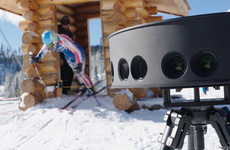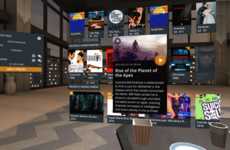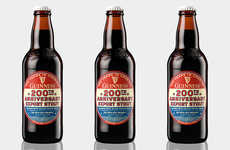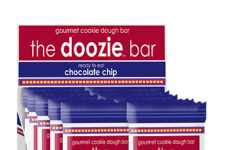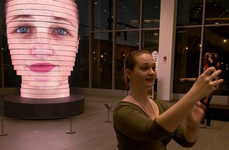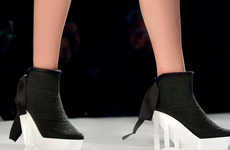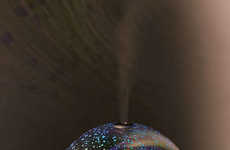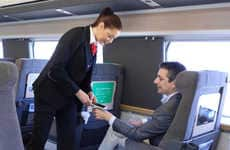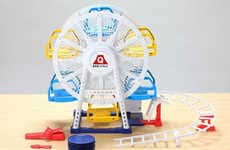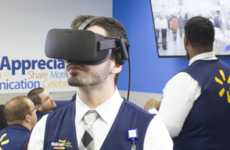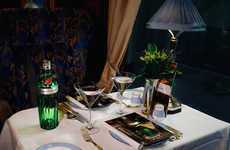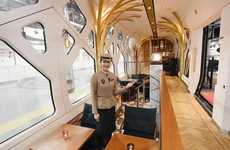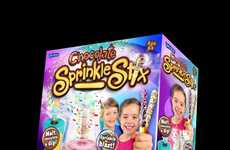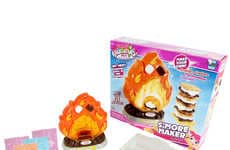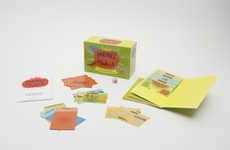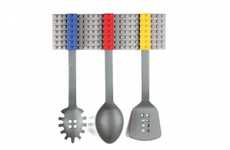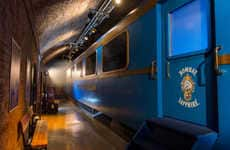
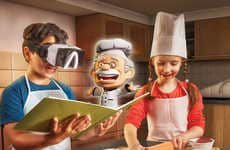
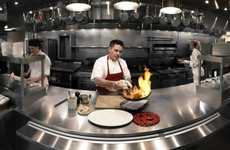

Cooking sessions and showings are presented in the VR space
Trend - One of the more unlikely applications of VR is brands in the food space using it for lessons and food-related experiences, with everything from live-cooking sessions to visual sampling shows for customers to take part in. The use of VR in the food space allows for brands to engage customers that may be too distant to tangibly test their offerings, and provides a uniquely immersive experience for curious consumers.
Insight - For "foodie" consumers, testing out new cuisines and dishes isn't simply about ingredients and flavor, but about the entire consumption experience as a whole–everything from smell to sight is involved in the process. Thus, immersive forms of food and beverage "consumption" appeal to consumers who are drawn to more distinct methods of engaging with their preferred foodie experiences.
Insight - For "foodie" consumers, testing out new cuisines and dishes isn't simply about ingredients and flavor, but about the entire consumption experience as a whole–everything from smell to sight is involved in the process. Thus, immersive forms of food and beverage "consumption" appeal to consumers who are drawn to more distinct methods of engaging with their preferred foodie experiences.
Workshop Question - How could your brand incorporate VR into its campaigns?
Trend Themes
1. Immersive Experiences - The use of VR and AR in various industries allows consumers a uniquely immersive experience, providing a more distinct method of engagement.
2. Mixed Reality in Cooking - Augmented, virtual, and mixed reality allow for a digitized instructional guide that provides a comparative image for every step of the process.
3. VR Sampling - The use of VR for sampling experiences allows for unique product engagement and tastings, providing brands with a new engagement and exposure method for distanced customers.
Industry Implications
1. Food & Beverage - Implementation of mixed reality and VR experiences in cooking and sampling gives brands a new platform to showcase and promote their products.
2. Tourism & Travel - Implementation of immersive experiences, like VR-train tours, could provide a new platform for promoting travel destinations.
3. Education - Cooking toys and augmented reality for educational purposes provide a new way for children to engage in learning, providing entertainment, educational content and exposure to cooking.
